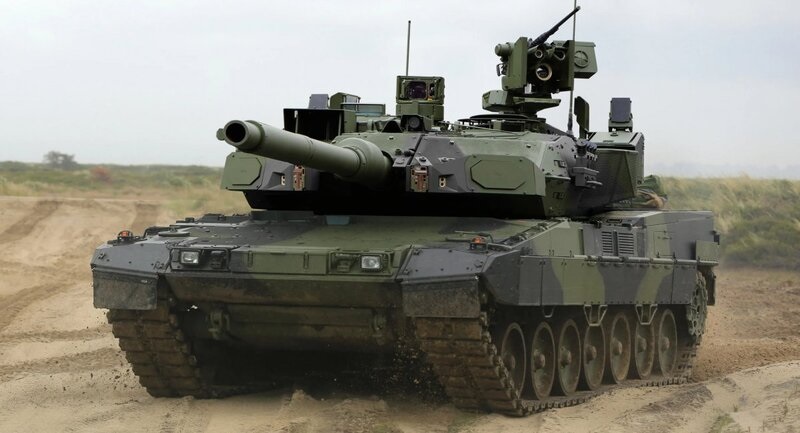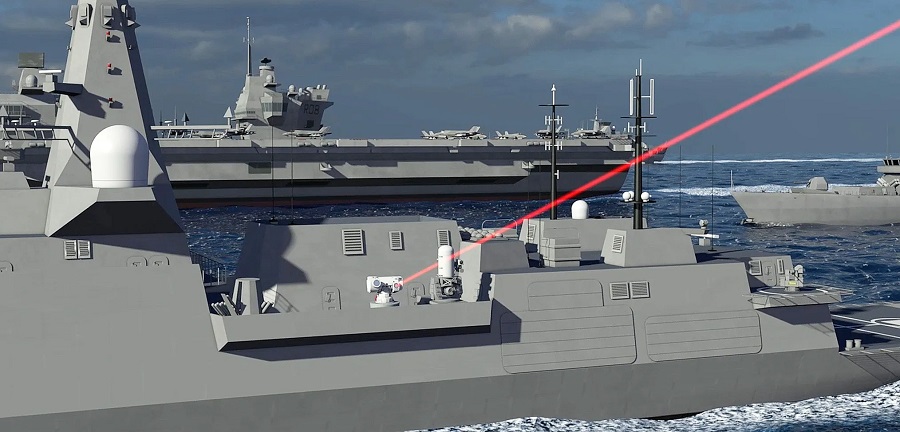“The next generation air combat system requires an intelligent approach to a platform-independent, networked mission system, high-end sensors and AI-based data analysis,” explains HENSOLDT CEO Thomas Müller in his capacity as spokesman for the FCMS consortium. “This is where German industry with the FCMS consortium will make a significant contribution.”
In the FCAS project, the participating nations want to develop, among other things, a successor system for the Eurofighter and Rafale fighter aircraft. As part of wider efforts, the FCMS consortium will develop advanced technologies for sensors as well as an innovative system of networked sensors. By 2025, several technology demonstrators will be created to show the possibilities of the new technologies and a platform-independent collaborative solution for sensors. On this basis, development will continue in the further FCAS demonstrator phases to provide sensor systems for the various platforms of the FCAS network.
In the so-called Demonstrator Phase 1B, HENSOLDT is working within the FCMS consortium primarily in the areas of sensor technology and data fusion as well as electronic warfare and networking, Diehl Defence on an imaging target location and targeting sensor suite and on remote carrier concepts, ESG is responsible for sensor architecture and sensor resource management as well as networking, simulation and flight test, and Rohde & Schwarz is providing robust networking in the air and on the ground as an enabler for the Combat Cloud (i.e., directed links with high-performance data links connecting flying units; a robust, jam-proof network that is resistant to detection; cryptology).
With the German companies Hensoldt Sensors GmbH, Diehl Defence GmbH & Co. KG, ESG Elektroniksystem- und Logistik-GmbH and Rohde & Schwarz GmbH & Co. KG, the industrial consortium FCMS concentrates essential core competencies of the national key technologies under one roof. FCMS offers a broad and well-founded national technology expertise for the FCAS/NGWS program and thus ensures the necessary national capability to contribute to, and future-proof the 6th generation mission systems.



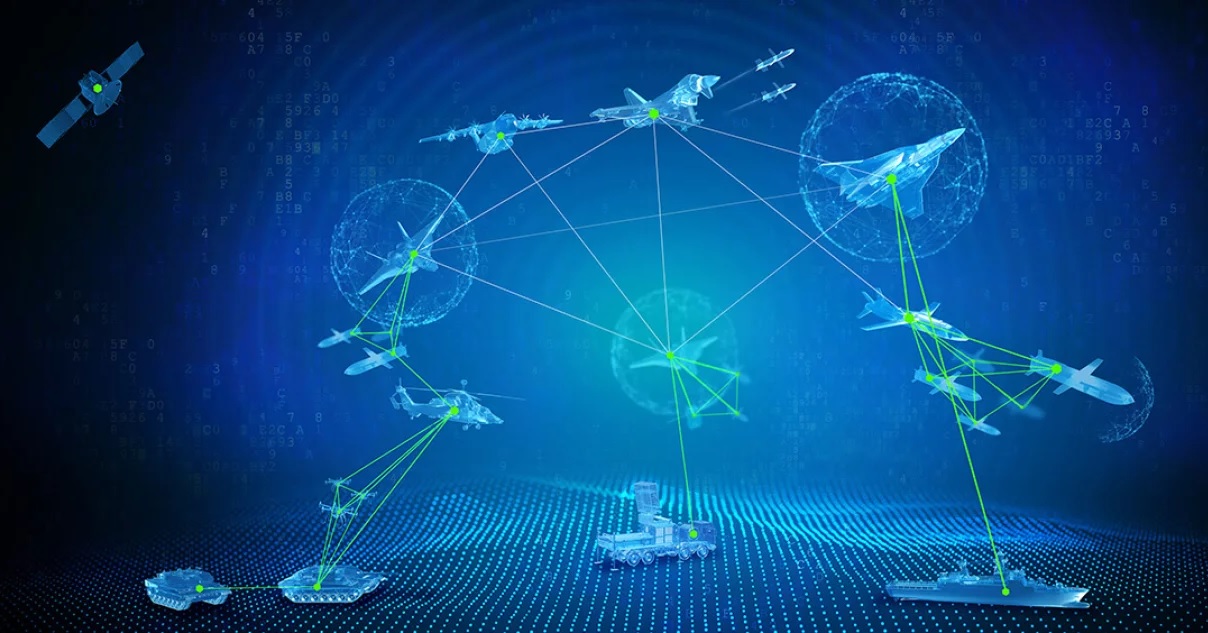





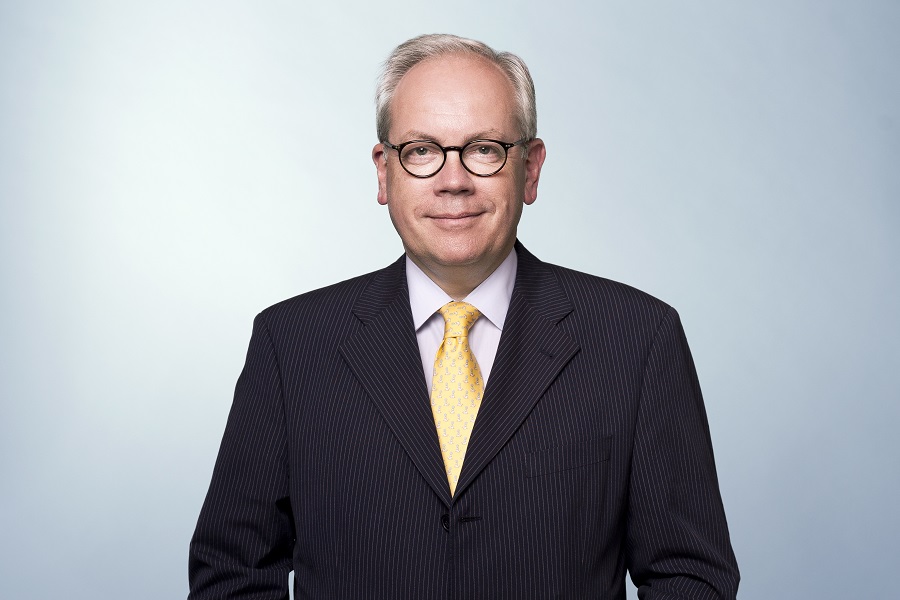

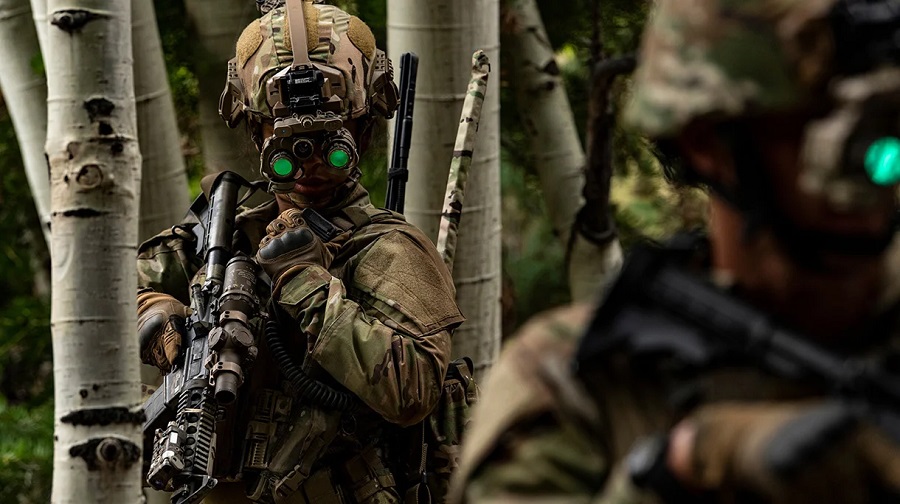
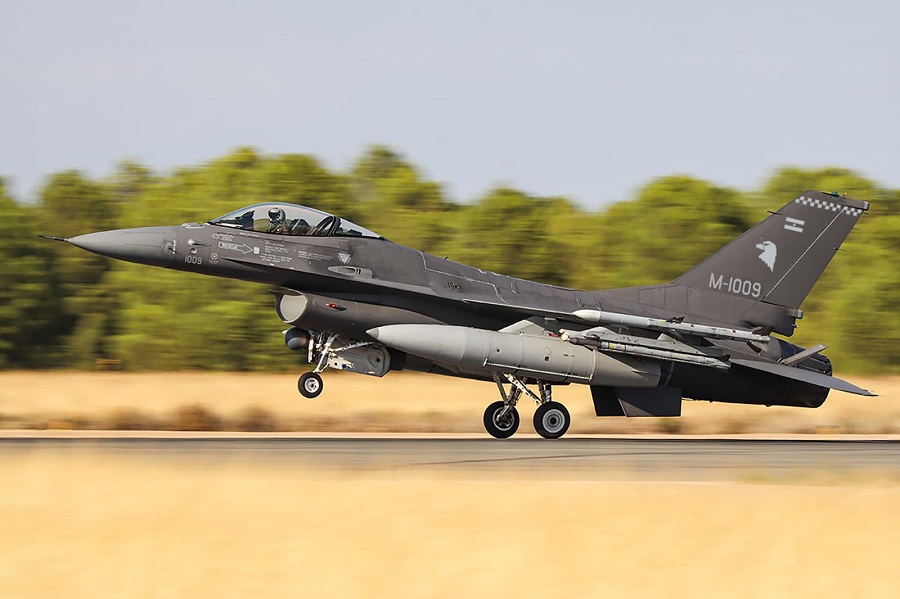
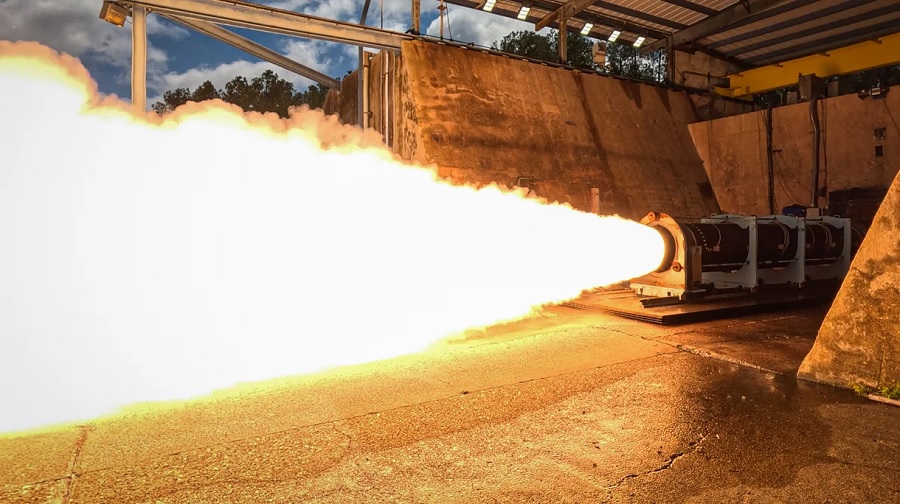
![Adapting EU defence system: the French nuclear option [LONG READ]](https://defence-industry.eu/wp-content/uploads/2023/01/National-Strategic-Review_Macrons-next-grand-defence-strategy-for-2030.jpg)

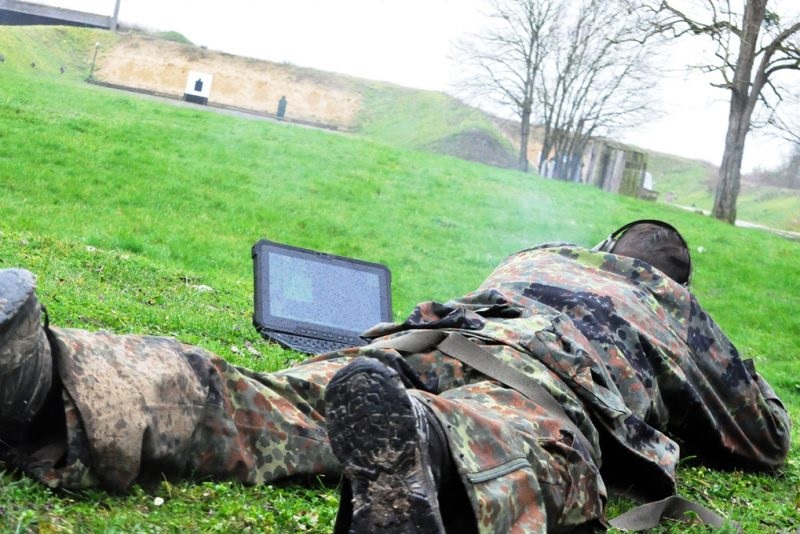
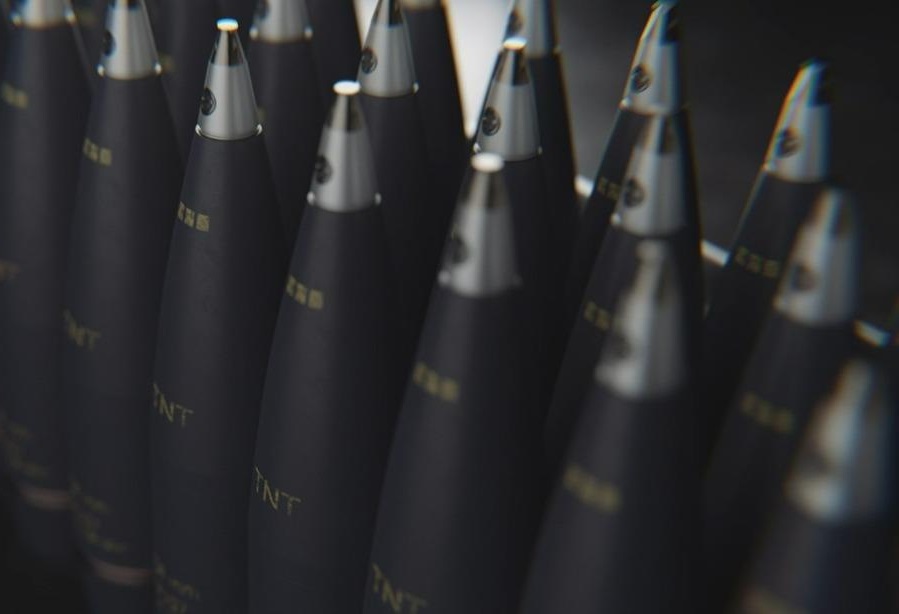
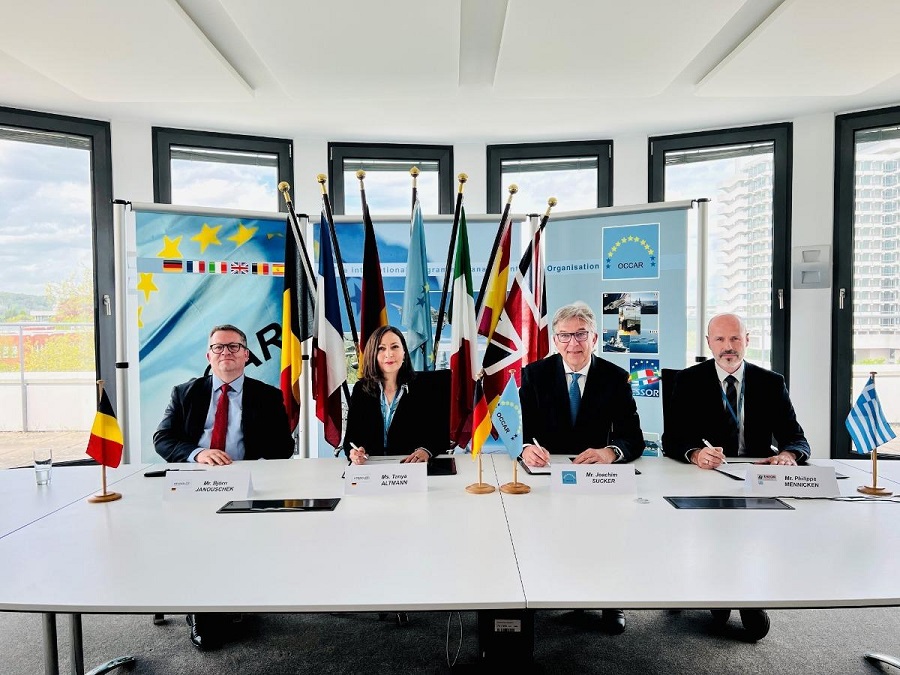
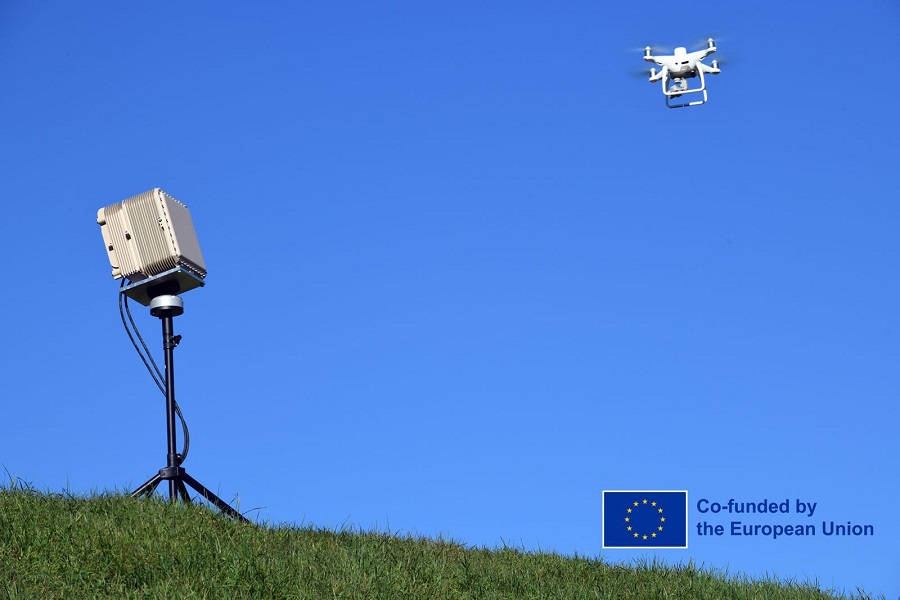
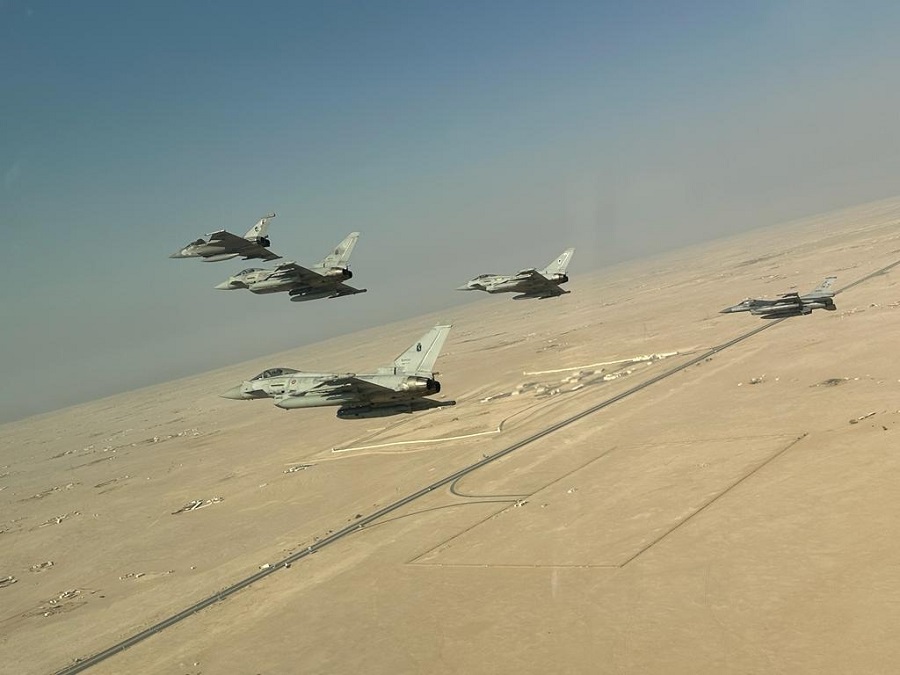
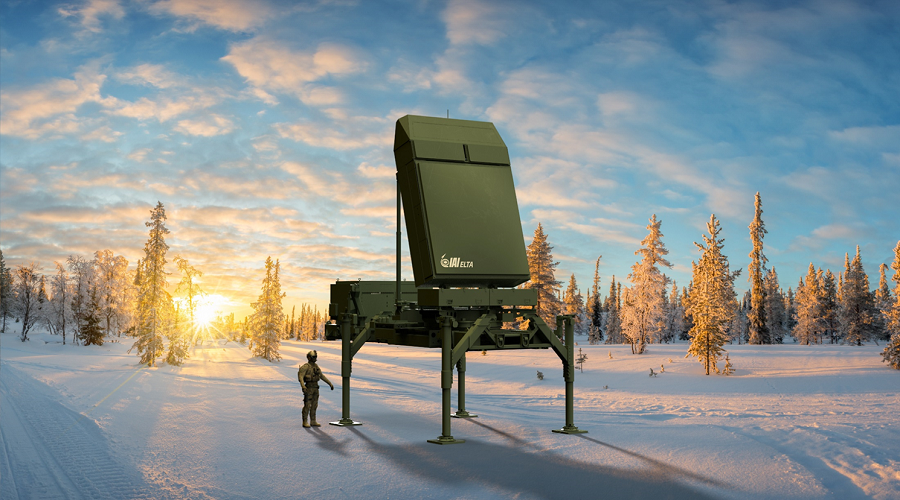
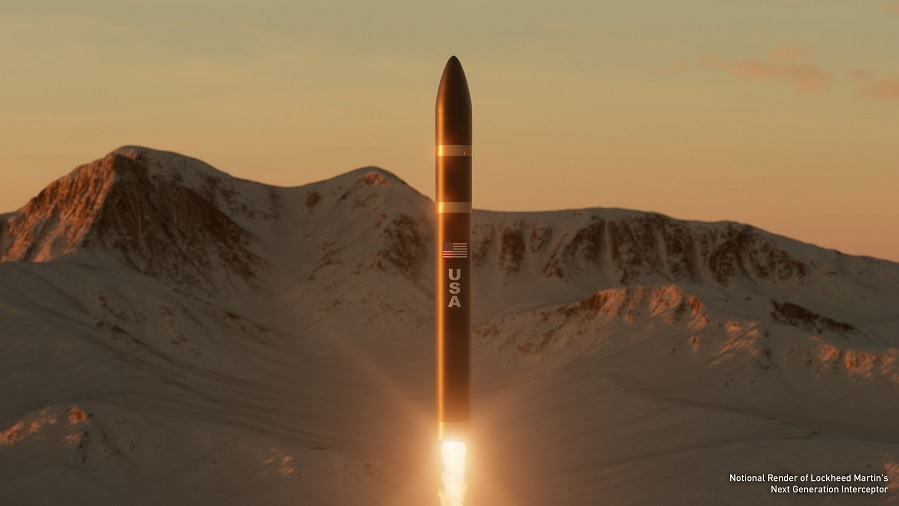
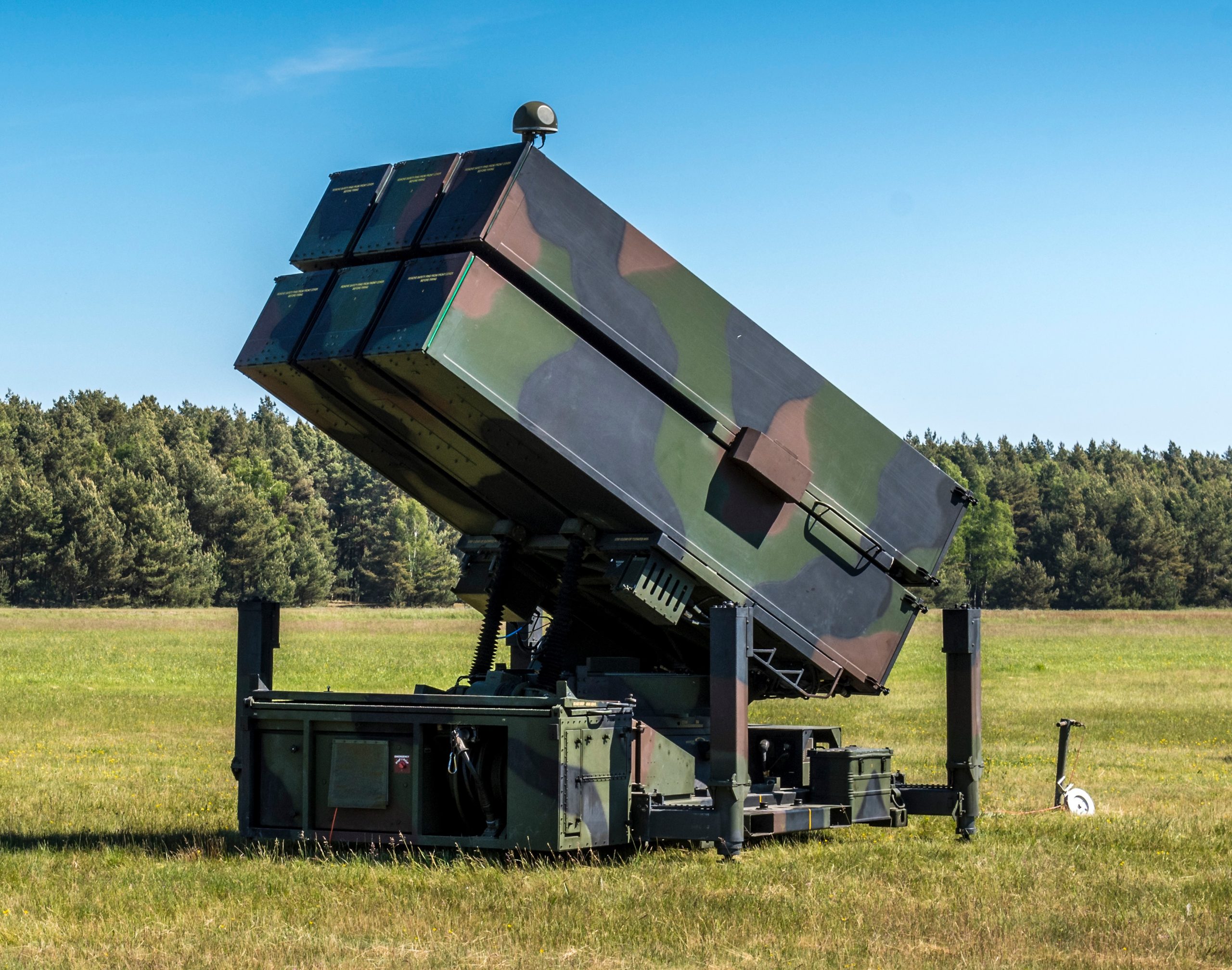
![Russian forces target Ukrainian IRIS-T SLM air defence system [VIDEO]](https://defence-industry.eu/wp-content/uploads/2023/10/Zelensky-thanks-Scholz-for-air-defence-systems.jpg)
